Phuthaditjhaba Industrial Park
Phuthaditjhaba Industrial Park is strategically located in the Eastern Free State and 40 km away from the N5 and N3 highways. The park is on the border between the Gauteng and KwaZulu-Natal provinces.
The Park is situated within the Thabo Mofutsanyana District Municipality in the Maluti-A-Phofung Local Municipality. It is owned and managed by the Free State Development Corporation (FDC), which is the official agency responsible for driving economic development in the Free State Province.
The Park is divided into industrial estates, i.e. factory units, which are further divided into small and large units. Small units range from 50 m² to 499 m² while the large units are 500 m² and above in size. These factories are mainly rented for manufacturing and service industries and to a lesser extent retail (wholesaling) and warehousing (storage). There are a total of 296 factories in the Phuthaditjhaba Industrial Park.
The Industrial Park occupies a total of 257 360 m² gross land area, with approximately 62% occupancy rate and 185 companies. It has one of the biggest local employers in the CMT sector, employing 1 200 local people, of which more than 90% are women. It is a major economic hub of the district, with varied businesses located in the park.
The municipality provides services such as water and electricity, and the infrastructure is owned by the municipality. There is more than 120 000 m² of vacant land and 112 vacant factories (large and small).
Sectors include textiles, plastic products, manufacturing, construction, food and snacks.
Botshabelo Industrial Park
The Botshabelo Industrial Park is situated approximately 60 km from the economic hub on the eastern side of the Mangaung Metro. The industrial area was developed in 1985 with the assistance of DBSA.
The Botshabelo Industrial Park boasts manufacturing and service companies in the textiles, electrical, plastic production, poultry, food and snack sectors. Currently it provides employment to an estimated 7 519 people, of which the majority are women. Mangaung and Maluti-A-Phofung form part of the distressed regions and were declared as one of the Presidential nodal areas that require development.
Botshabelo Industrial Park was the first to receive phase 1 and phase 2 of the revitalisation programme. The initiation of the revitalisation programme has had some impact and has seen an increase in investment within the park. The Park has 144 operating factories. The total capital investment has been around R755-million.
Factory sizes range from 500 m² to 2 500 m². The Park also has an incubator centre known as the Small Business Park.
Office and industrial space available
Free State Development Corporation (FDC) offers a wide range of spacious and affordable rental space for SMMEs.
There are opportunities to rent factory space at Free State Development Corporation properties in Botshabelo, Phuthaditjhaba and Industriqwa.
The FDC offers affordable rental space, ranging from massive stand-alone industrial buildings, office blocks and shopping centres, to loose single-tenant commercial buildings situated in rural areas to suit different needs.
Industrial portfolio
- Industrial building: Mainly stand-alone industrial-type buildings designed for manufacturing and/or warehouse purposes.
- Large factories (>500 m²): Consists of mainly standard and custom-built factories used for manufacturing, service industries and warehousing.
- Small industrial units (<300 m²): Standard units in small industrial parks and incubators designed for incubation of start-up manufacturing and/or service-industry activities.
- Warehouses: Buildings occupied by businesses servicing the broader economic base that is utilised for storage and distribution.
- Factory shops: Manufacturing entities utilising industrial space to sell own products to the general public.
- Wholesalers/retailers: Community projects in the manufacturing and service sectors, serving the broader economic base, targeting ownership in historically disadvantaged communities. Ownership and control must be widely based in such communities rather than by an individual member of such communities.
- Vacant land: Serviced or unserviced land zoned for commercial and industrial use.
Commercial portfolio
This portfolio is divided into urban and rural areas and typically consists of the following: shopping centres, office blocks, market stalls, kiosks and containers.
Industrial incentives
- Rental holiday of up to six months.
Black Economic Empowerment
The following concessions may be granted to businesses with more than 50% black ownership:
- Discount of 10% on normal rental rates.
- An additional 2% for women-owned businesses, where women have more than 50% shareholding.
- Additional 2% for businesses qualifying as youth-owned entities with more than 50% shareholding belonging to individuals below the age of 35 years.
- An additional 2% for businesses with more than 25% shareholding belonging to disabled individuals.
- The concessions may be granted to any business entity and community-based projects will qualify for small industries with a 50% rental holiday for the first year.
- Rental holidays.
It is our duty to facilitate commercial and industrial activity, assist new investors looking for spacious and affordable premises, and facilitate SMME development, particularly in rural areas.
Look no further than FDC for spacious and affordable, subsidized rental facilities.
Contact the FDC for more information about available space:

[contact-form-7 id=”641″ title=”Free State Development Corporation (FDC)”]



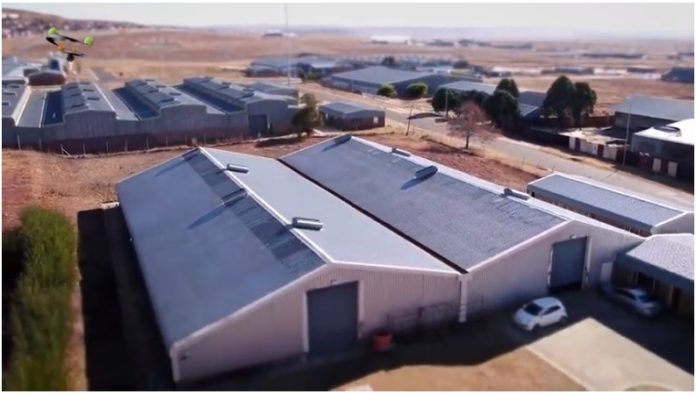
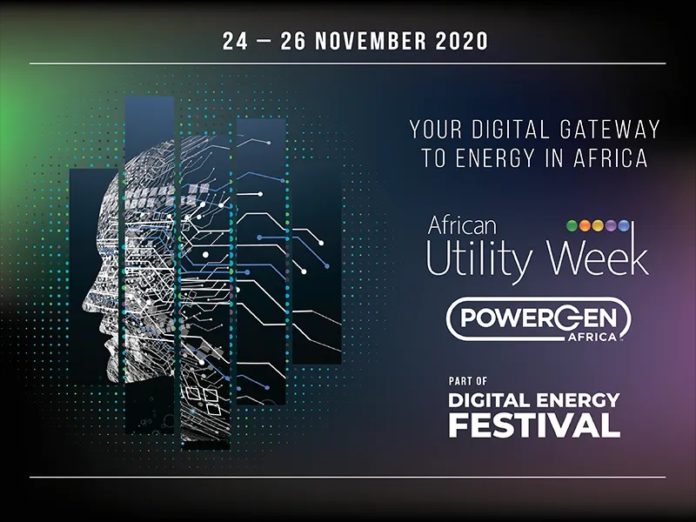
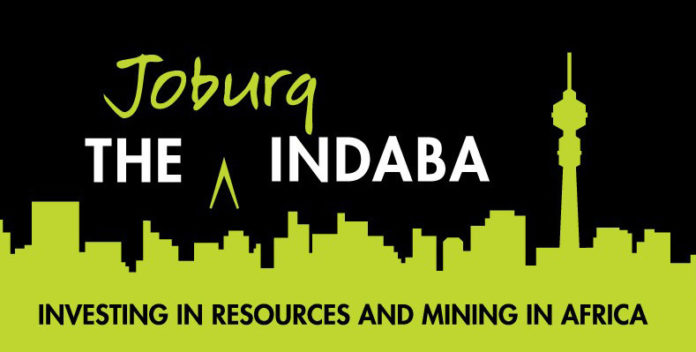




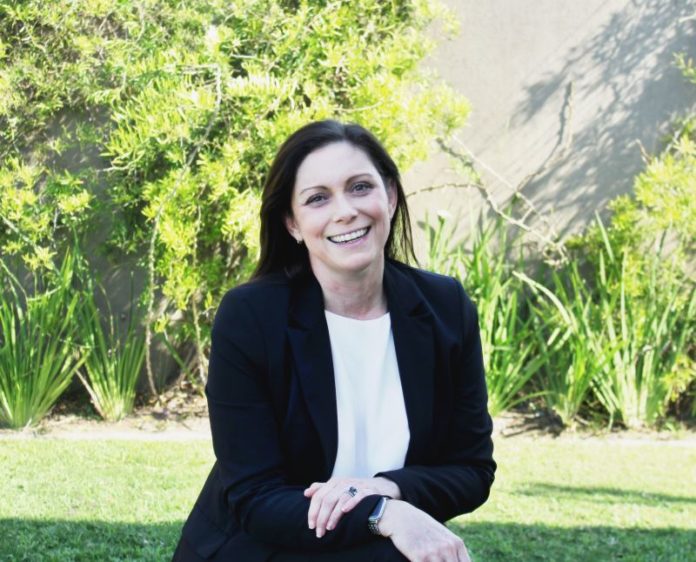

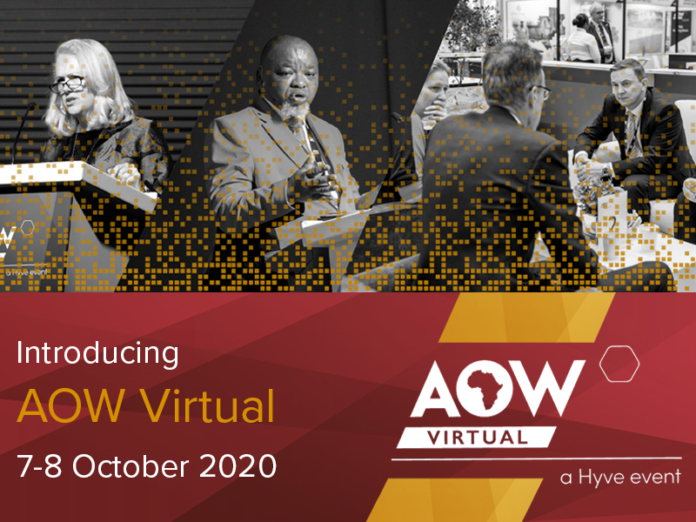

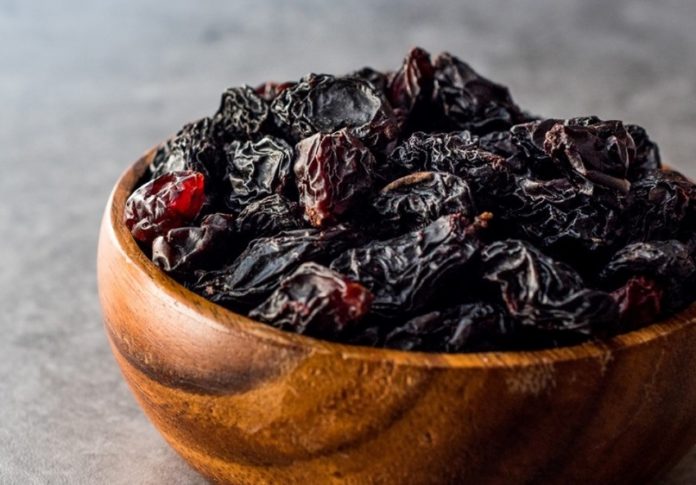





 SACCI believes that businesses should more actively engage in strategic and recovery implementation processes which include contingency planning, financial recovery strategies and legislative compliance challenges, as well as communication, especially with employees, to manage the psychological impact of Covid-19 imposed changes and conduct scenario analysis towards inclusive growth. This, we hope, will pave the way towards the recovery of our economy.
SACCI believes that businesses should more actively engage in strategic and recovery implementation processes which include contingency planning, financial recovery strategies and legislative compliance challenges, as well as communication, especially with employees, to manage the psychological impact of Covid-19 imposed changes and conduct scenario analysis towards inclusive growth. This, we hope, will pave the way towards the recovery of our economy.



